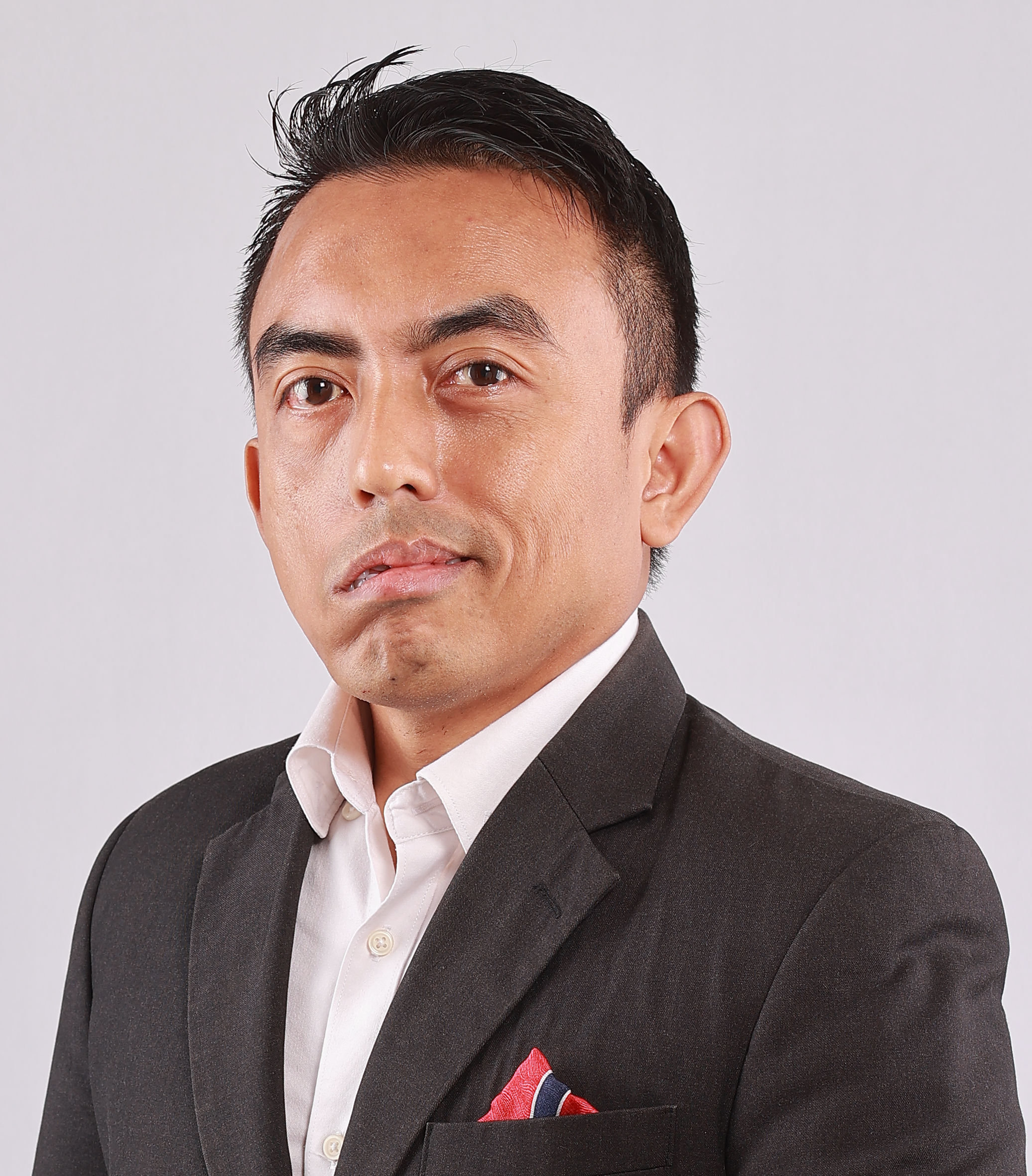By: Nahrizul Adib Kadri
As I read the news articles covering the recent passing of Tun Mohamed Hanif Omar, the country’s youngest Inspector General of Police (IGP), I can’t help but feel a sense of nostalgia. Tun Hanif’s remarkable achievements, from his tenure as Melaka Chief Police at the age of 31 to his appointment as IGP at 35, and from founding Malaysia’s elite counterterrorist unit to his role in the AIA building hostage crisis, all serve as a moving reminder of the value we place on early successes in life.

Indeed, the prevailing notion often emphasizes the importance of achieving success at a young age. The media often highlights stories of young prodigies or entrepreneurs who achieve great success at a young age, creating a perception that early success is the norm or even expected.
This sentiment is echoed in Meg Jay’s 2013 bestseller, “The Defining Decade: Why Your Twenties Matter–And How to Make the Most of Them Now.” Jay argues that the decisions made in one’s twenties can shape the trajectory of their entire life, urging young people to grab the opportunities made available to them during this proverbially pivotal decade.
Central to the book’s message is the concept of identity capital, urging young adults to invest in their achievements, skills, and experiences to enhance their attractiveness to potential partners, employers, and friends. Within this decade, the interaction of work and relationships is emphasised, while personality development is also most pronounced. It highlights the necessity for active decision-making, as even the act of not choosing carries profound consequences for future trajectories. Debunking prevalent myths of young people, the book repositions the twenties as a defining stage of adulthood, requiring deliberate actions and conscious efforts rather than just extensions of the adolescence phase.
However, in today’s digitalised world, where the possibilities seem endless and the paths to success are many, the pressure to achieve success early can be quite overwhelming. On top of that, there is a prevailing (albeit contradictory) notion among the younger generation that they must explore every option before settling into a career path they truly enjoy.
But the reality is that time is finite, and the luxury of trying everything is simply not feasible. Tun Hanif’s life journey should serve as a compelling example of this truth. Had he spent his early years dabbling in various pursuits, would he have risen to become IGP at the age of 35?
I don’t think so.
Instead, my take is simple: choose a path and stick to it. Whether it’s a career in law enforcement, entrepreneurship, or the arts (or anything, really), the key is to devote oneself wholeheartedly to the chosen endeavour; whatever that may be. Success is not measured by the age at which it is achieved but by the dedication, skill, and mastery one brings to their craft.
In a way, this philosophy is encapsulated in the Japanese concept of ikigai, which emphasises finding one’s purpose and pursuing it with passion and dedication. By embracing the journey and focusing on continuous growth and improvement, individuals can find fulfilment and success in any chosen field.
As we strive to carve out our own paths in life, let us take inspiration from Tun Hanif’s legacy and embrace the journey with courage, resilience, and a commitment to continuous improvement. By staying true to our values and pursuing our passions with dedication, no matter what the choice might be, we can indeed find our way in this ever-evolving world.
In the end, success is not about reaching a predetermined destination but about embracing the journey, learning from our experiences, and growing along the way. So let us embrace the journey wholeheartedly, trusting that by being diligent, conscientious, and resilient, we will ultimately find our way to fulfilment and our very own intended meaning of success.
Let’s do that, ya?
…
The author is an Associate Professor of biomedical engineering and former Director of Corporate Communications Centre, Universiti Malaya. He may be reached at nahrizuladib@um.edu.my







Leave a comment